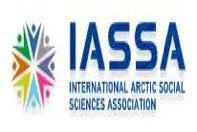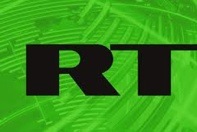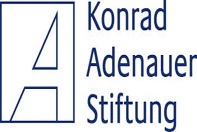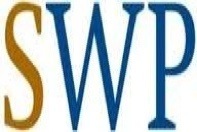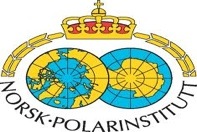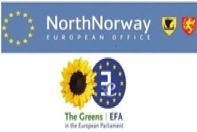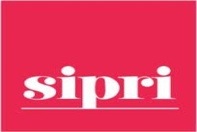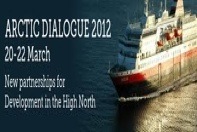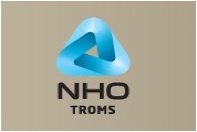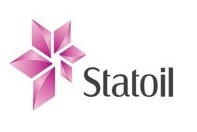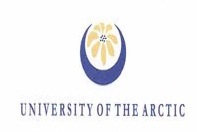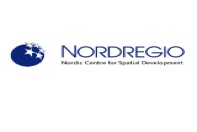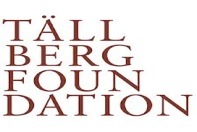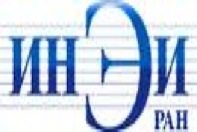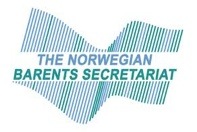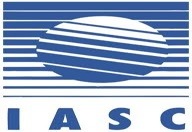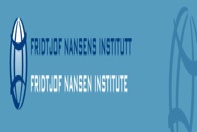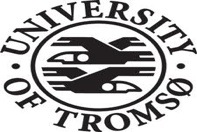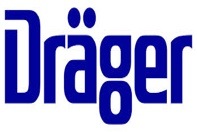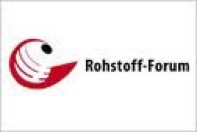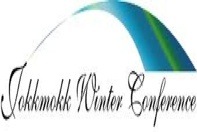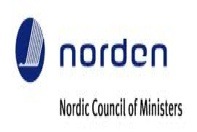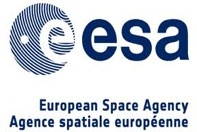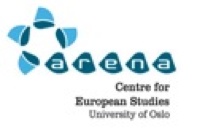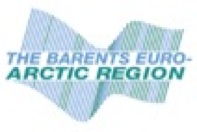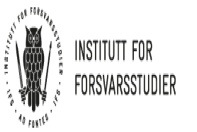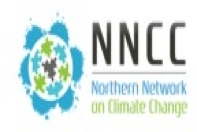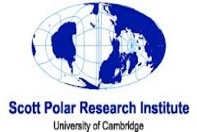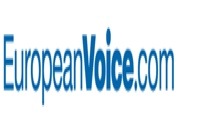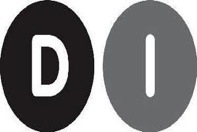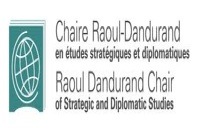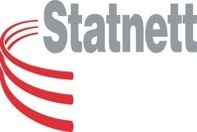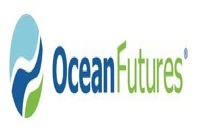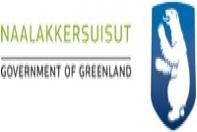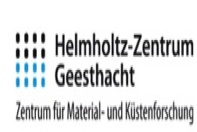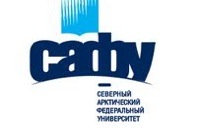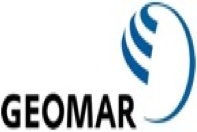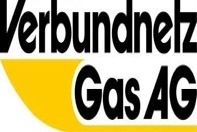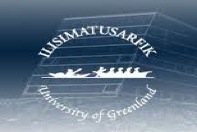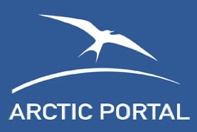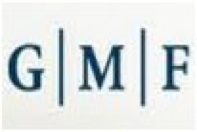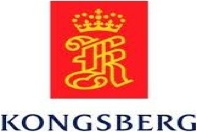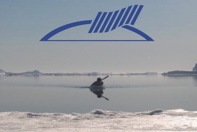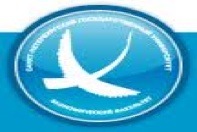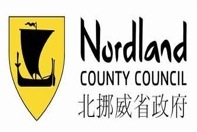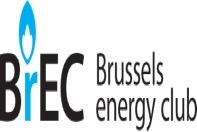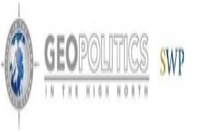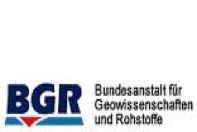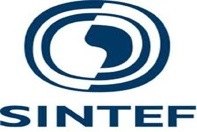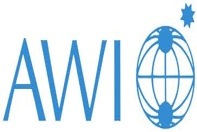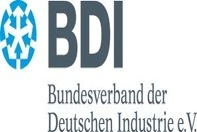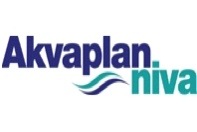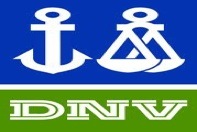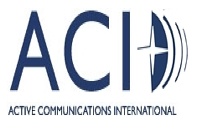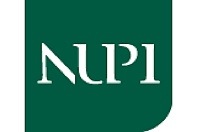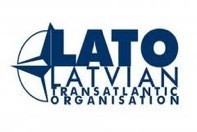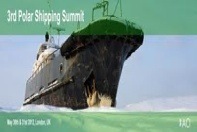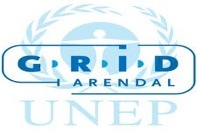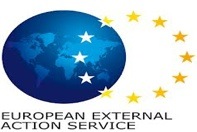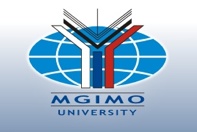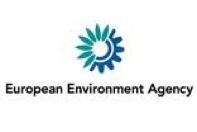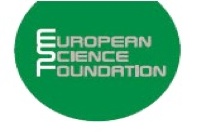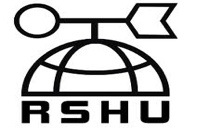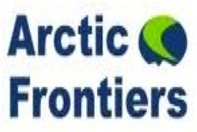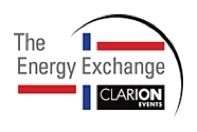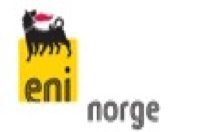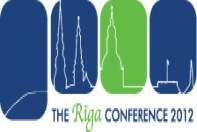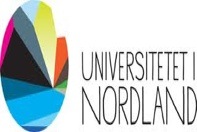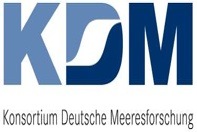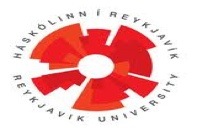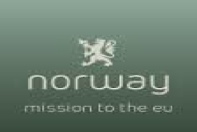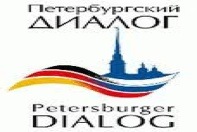Participation of the EU-ARCTIC FORUM in the Pan-Arctic Dialogue
Steffen Weber participated in the 5th Annual Arctic Dialogue hosted by the High North Center for Business and Governance of University of Nordland in Bodø, Norway, the International Institute of Energy Politics and Diplomacy (MIEP) at MGIMO University in Moscow, Russia and organized by HBW Resources, a unique forum dedicated to issues of resource development in the High North.
The Dialogue brought together major Arctic players concerned with Arctic development including Arctic heads of state, major industry leaders, whaling captains, fishing communities, academia, local indigenous and non-indigenous Arctic communities, local politicians and other key stakeholders.
The EU-ARCTIC FORUM was represented by Steffen Weber who spoke on the evolving role of the EU in the Arctic and the development of a holistic Arctic policy for Europe.
The Focus of the 2011 programme was on three issues:
Resource Ownership and Management
The historic agreement on the line of delimitation in the Barents Sea between Russia and Norway in 2010 gives a unique opportunity to explore policies and regulations relative to resource development in the Arctic. At the same time, exploration and production activities are underway in Greenland, which is currently developing a new regulatory structure under its new Self-Government status. The 2011 Arctic Dialogue and Study Tour looked at relevant Arctic case studies and issues associated with ownership and management of Arctic resources including resource allocation (physical and monetary), revenue sharing, royalties and access rights. The event examined different regulatory regimes governing resource development in the Arctic countries of Russia, Canada, and Norway and identified specific challenges toward resource development in these countries.
Health, Environment and Safety
The 2011 Arctic Dialogue explored the private and public responses to the spill in the Gulf of Mexico including what went wrong, what structures should have been in place to prevent the blowout from becoming an environmental disaster of such significance, and what additional measures should be enacted to better contain an oil leak of this magnitude. It also sought to identify appropriate approaches by Arctic states and local governments to ensure that resource development not only occurs in a safe and environmentally sustainable manner, but that the economic and social benefits of development are adequately realized by Arctic states and communities
Pan-Arctic Standards and Best Practices for Resource Development
During last year’s Dialogue and Sea Study Tour, participants focused on the need for Pan-Arctic standards and best practices for resource development. These issues are an even greater priority for Arctic communities in the post-Gulf oil spill era. There is a general recognition that what happens in one area of the Arctic will almost certainly affect the rest of the region. As such, the Dialogue sought to examine the potential for creating pan-Arctic standards – both technical and non-technical – and have committed a significant part of our agenda toward studying a pan-Arctic approach for addressing the challenges of Arctic Resource development.
The full program and presentations can be downloaded at:
